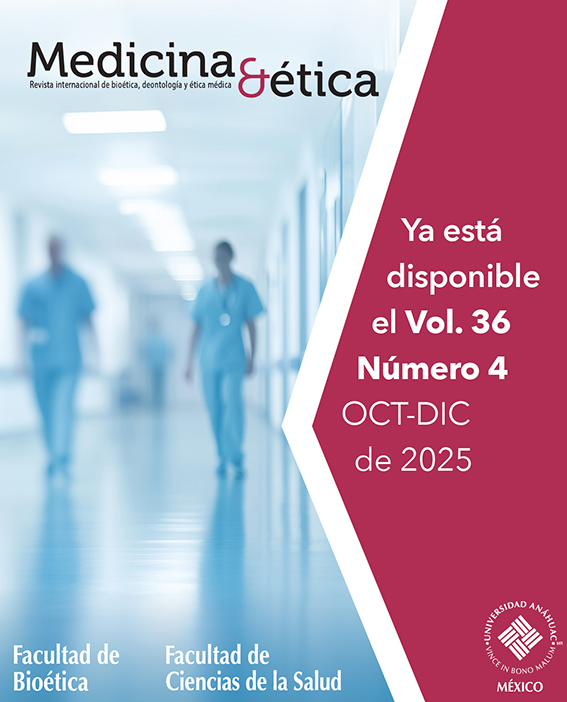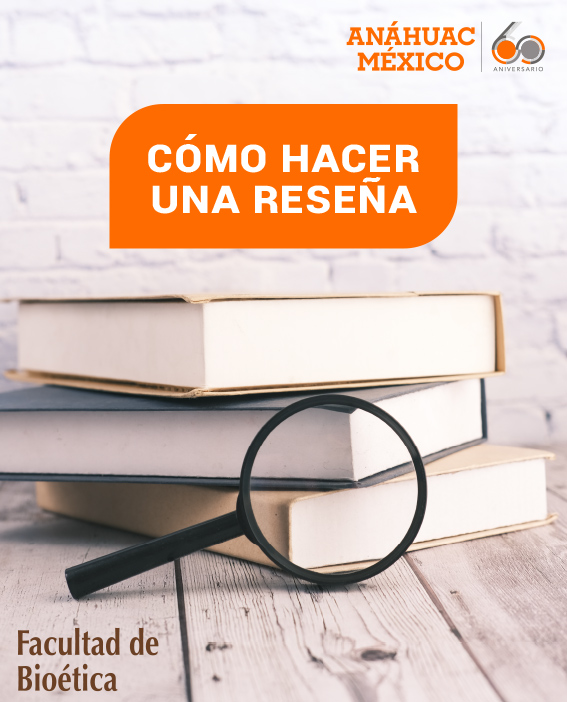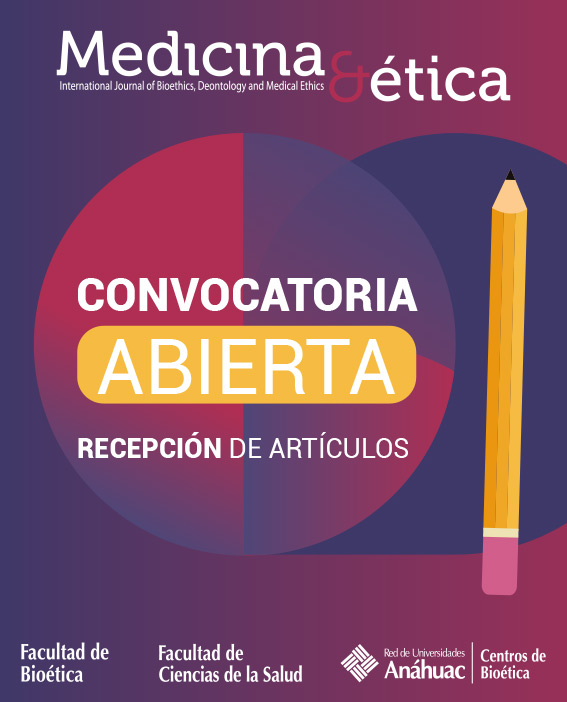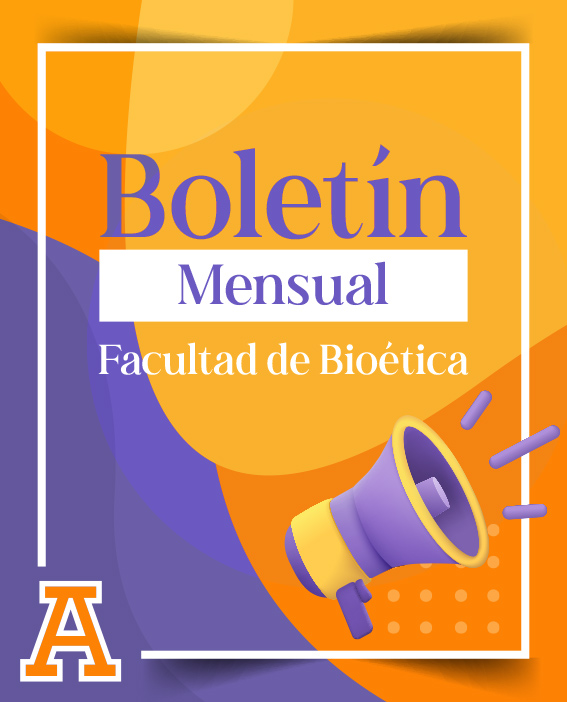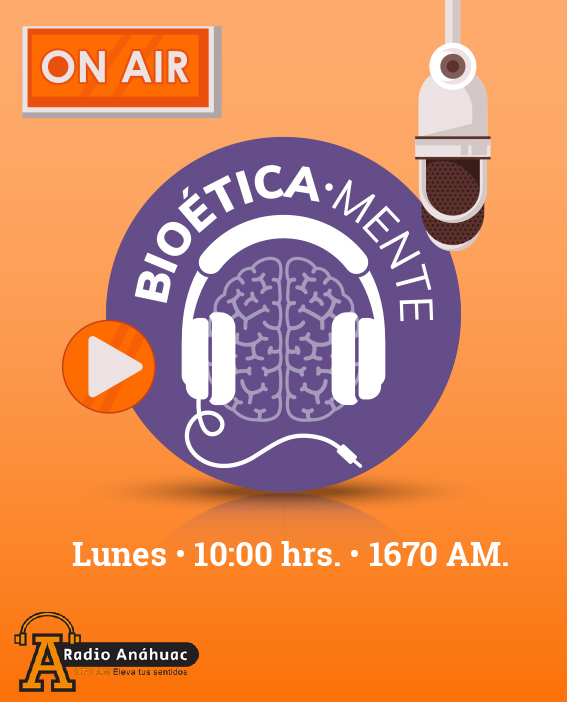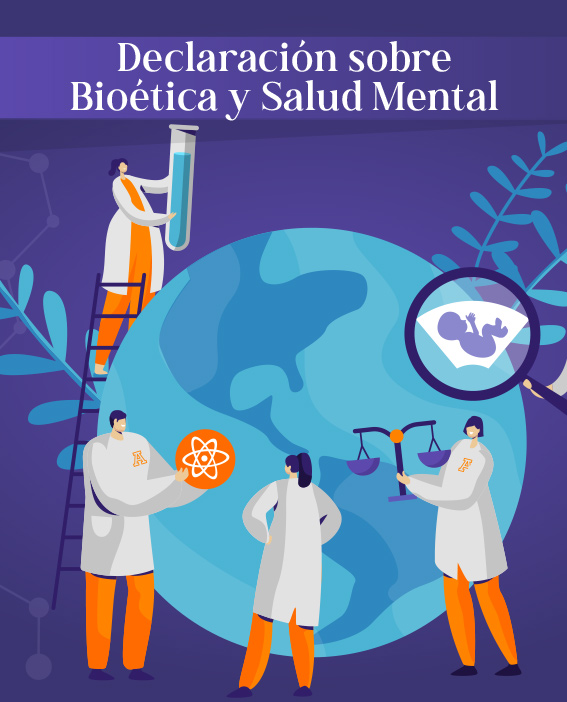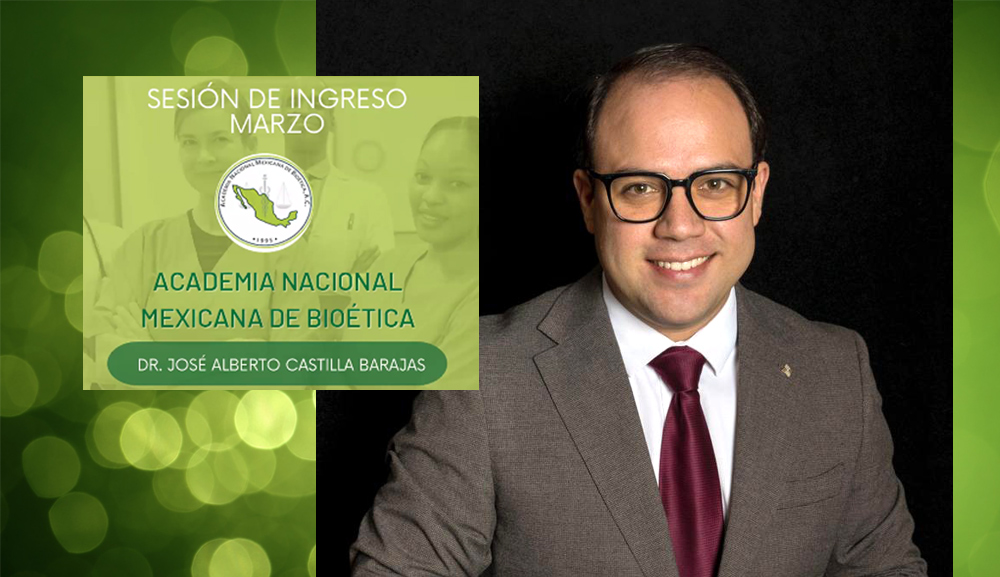
The ANMB constitutes a fundamental space for the analysis and discussion of controversial topics, promoting the convergence of different opinions among people interested in the study of bioethics.
The School of Bioethics is proud to announce that its distinguished deputy director, Dr. José Alberto Castilla Barajas, has joined the Mexican National Academy of Bioethics (ANMB), a non-profit civil association of a scientific and cultural nature that focuses on research, teaching, dissemination and promotion of bioethics issues correlating them with human rights.
It should be noted that this association acts as a reference in bioethics in Mexico and generates a space for the analysis and discussion of controversial topics, allowing the confluence of criteria and opinions of people interested in the study of bioethics.
As part of Dr. Castilla's welcome to the ANMB, an entrance session was held on March 21, 2024 in which the director had the honor of serving as a speaker with the presentation "Bioethics and human procreation", whose exhibition focused on the interrelationship between sexuality and the conception of corporality and the human person, in addition to establishing the ethical foundations to address these dilemmas adequately.
To this end, the B2-inF Project, directed by Dr. Fran Güell Pelayo, was taken as a point of analysis, which aimed to ensure that patients are better informed about fertility, analyzing the perceptions of young people regarding assisted reproduction and trying to improve the way clinics provide such care. In this case, an approach was carried out from the legal, sociocultural and gender areas.
During the session, the success rates reported by reference centers were also analyzed, including Spain (world epicenter in assisted reproduction) and compared with the rates reported in Mexico, which are higher, highlighting that this discrepancy in information violates the individuals who decide to undergo said procedures and the embryos conceived as a result of them.
Among the actions that should be carried out to ensure the whole person in assisted reproduction and combat deception and misinformation, he highlighted the following: 1) the success rates of assisted reproduction techniques should be based on the child born alive; 2) the information presented on the clinics' websites should coincide with what is established in the informed consents, and 3) information should be given about the risks that the use of such techniques entails for the health of the embryo.
Finally, he spoke out in favor of avoiding a change in the motivation of assisted reproduction centers, since they put profit before the dimension of the whole person and encourage deception and misinformation on issues of sexuality and human procreation.
The School of Bioethics congratulates Dr. José Alberto Castilla for this step in his professional career, wishing him the greatest growth as a bioethicist and person. We look forward to his future contributions to the field of bioethics, recognizing him as an inspiring example for other professionals in this field.
More information:
MPSS Silvia Becerra Castro
Facultad de Bioética
bioética@anahuac.mx

